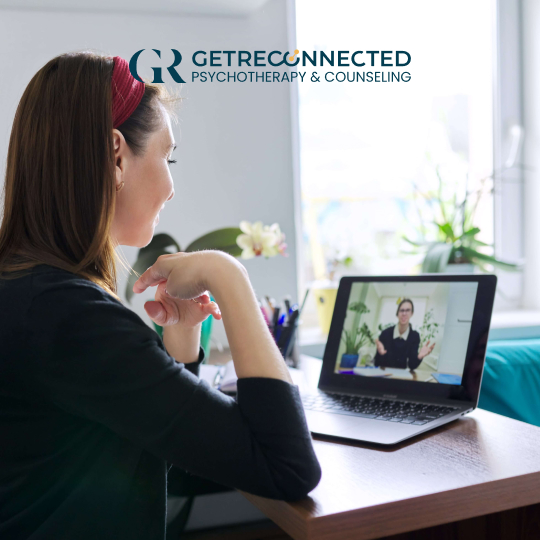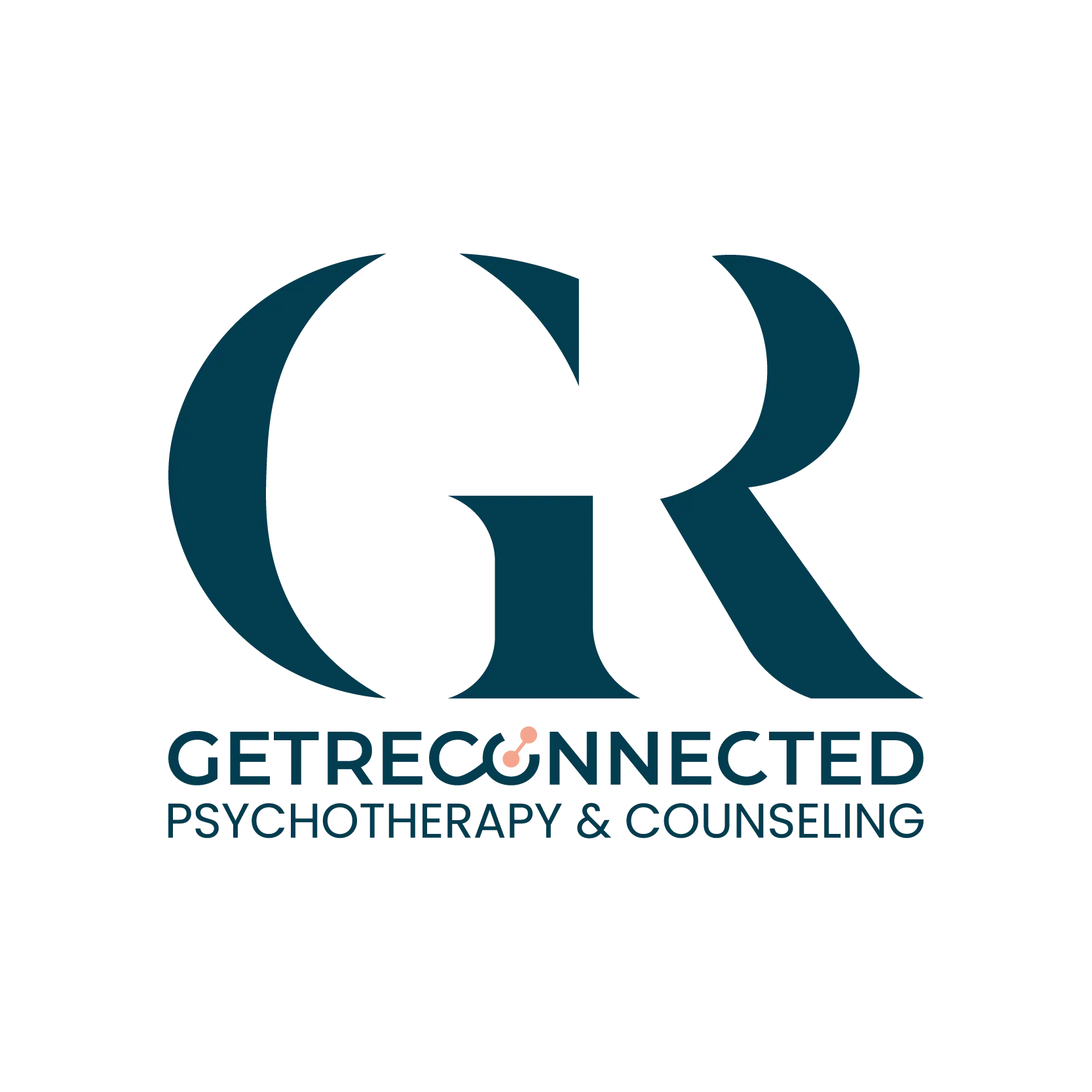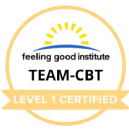Couples Therapy
At Get Reconnected, we focus on your relationship. We provide services that can help you and your partner reconnect and reignite your relationship.
Whether you’re feeling stuck with communication issues, dealing with the aftermath of infidelity, or you simply want to gain the tools needed to have a truly intimate partnership, our skilled therapists are here to help.
Couples Counselling in Toronto
At Get Reconnected, we believe in the power of connection, communication, and understanding in every relationship. We recognize that every couple experiences struggles and goes through tough times that can sometimes seem too hard to handle, but we are here to help.
Couples Counselling can help guide you through complex emotions, misunderstandings, and recurring conflicts that are disrupting your relationship.
Our goal? To help you rediscover the joy, affection, and deep bond that brought you together in the first place.
Did you know?
Couples therapy has been linked to improved mental health outcomes. A study in the Journal of Marriage and Family (2022) found that addressing relationship issues through therapy can lead to reduced symptoms of depression and anxiety.
Common Challenges Couples Face
Over the course of a relationship, it’s natural for couples to face various challenges and conflicts. Some common struggles we can help with include
Communication Barriers
Conflict Resolution
Trust Issues
Intimacy and Affection
Life Transitions
Challenges associated with major life changes such as marriage, infertility, job loss, childbirth or retirement can strain your relationship.
Disconnection
Emotional distance, where you feel like you are drifting apart from each other. It often involves a lack of emotional intimacy and shared experiences.
Why Couples Go to Therapy
- A disconnection or lack of communication
- Infidelity and lack of intimacy
- Past trauma
- Difficulties with mental health issues
Benefits of Couples Therapy in Toronto
Improving communication
We guide you towards open, honest, and effective communication, therapy can help you to express your needs, wants, and emotions clearly and safely.
Better conflict resolution
By teaching you how to navigate disagreements in a respectful, productive manner, therapy can help reduce tension and promote healthier conflict resolution.
Understanding perspectives
Building/Rebuilding Trust
Strengthening intimacy
Feeling like the honeymoon phase is a distant memory? Couples therapy can help deepen emotional and physical connections, and rekindle intimacy.
Reconnection
If you have felt emotionally distant or disconnected, therapy can provide a path to rediscovering the emotional closeness and bond that initially brought you together.
Therapeutic Approaches
- Emotionally Focused Therapy (EFT)
- Developmental model for couples
- Gottman Methods
Couples Counselling at Get Reconnected Psychotherapy Services
01 Initial Evaluation
02 Setting Goals
Once we have a solid foundation, we establish clear goals for your therapy. Whether it’s improving communication, resolving conflicts, or enhancing trust, we define tangible objectives to guide our sessions and track progress.
03 Therapeutic Approaches
04 Consistent Sessions
05 Understanding Relationship Dynamics
06 Building skills
07 Conflict Resolution Skills
In couples therapy, developing effective conflict resolution skills is a top priority. We can guide you in learning techniques and strategies to navigate conflicts and have open communication and genuine understanding.
08 Continuous Support
We provide ongoing support throughout your journey, helping you navigate unexpected obstacles. Our commitment is to assist you and your partner in growing together.
Meet Our Therapists

Delia Petrescu
Reach out today, and let’s start this journey towards reconnection.
For more information about our services and approaches, please contact us at info@getreconnected.ca
Blog

Is Therapy Covered by OHIP?
If you’re here, you’re probably wondering whether psychotherapy and counselling are covered under the Ontario Health Insurance Plan (OHIP). You can look no further! We

Preparing For Your Therapy Consultation: 6 Tips
Tips on What to Look For in A Free Consultation Looking for a therapist can be nerve wrecking because you might be struggling with something,

Finding a Good Fit: Navigating Online Therapy Services and Selecting the Ideal Online Therapist
Finding a Good Fit: Navigating Online Therapy Services and Selecting the Ideal Online Therapist Choosing the right online therapist can be challenging and sometimes confusing,
Contact Us
Couples Therapy FAQ's
The duration of couples therapy in Toronto, as well as in many other locations, can vary widely depending on several factors. There isn’t a one-size-fits-all answer to this question.
Here are some factors that can influence the length of couples therapy:
Issue complexity – the complexity of the issues you and your partner are dealing with plays a significant role. Some couples may have relatively straightforward concerns that can be addressed in a shorter time frame, while others may face more complex challenges that require a longer-term commitment to see progress.
Therapeutic approach – the approach used by your therapist can also affect the duration of therapy. Some couples may benefit from short-term, solution-focused therapy that can be completed in a few sessions, while others may require longer-term therapy that delves deeper into underlying issues.
Commitment to change – the level of commitment and engagement from both partners is crucial. Couples who actively participate in therapy, complete assigned tasks, and work on implementing strategies outside of sessions may achieve their goals more quickly.
Goals and progress – the specific goals you set for therapy and the progress made during sessions will influence the length of treatment. As you make progress and achieve your objectives, you may decide together with your therapist when it’s appropriate to conclude therapy.
Frequency of sessions – the frequency of sessions can vary. Some couples opt for weekly sessions, while others may prefer bi-weekly or monthly appointments. The frequency you choose will impact the overall duration of therapy. All in all, the length of couples therapy can range from a few sessions to several months, or even longer, depending on the unique circumstances of each couple. It’s important to discuss your specific goals, expectations, and progress with your therapist to determine an appropriate timeline for your therapy journey.
If your partner is unsure about couples therapy, have a chat with them and find out about their reservations. You could explain why you think it could help your relationship and that it’s a safe place to talk. Suggest trying a few sessions as a test run and involve them in picking a therapist. Be patient and let them take their time to decide. In the meantime, focus on your own growth.
Yes, couples therapy can definitely help, whether you’re married or not. It’s for any couple facing relationship challenges, married, in a committed relationship, or even just dating. The goal is to improve communication, resolve conflicts, and strengthen your bond. So, don’t hesitate to seek couples therapy if you’re facing relationship issues, regardless of your marital status.
If you’ve tried couples therapy before and it didn’t work, it’s important not to lose hope. Every therapist and therapy approach is different, and what didn’t work in one situation might work better with a different therapist or approach. It could also be related to the timing or readiness of both partners. It is recommended to discuss your previous experience and concerns with a new therapist to explore different strategies and find the right fit for your unique situation.
The cost of couples therapy in Ontario can vary widely depending on several factors, including the therapist’s qualifications, location, and the specific services offered. On average, you can expect to pay anywhere from $100 to $250 or more per session. Some therapists offer sliding scale fees based on income, while others may accept insurance or employee assistance programs that can help cover the costs. It’s essential to inquire about the fees and payment options when you contact a therapist to get a clear understanding of the costs.
It is important to choose a therapist who specializes in working with couples. These professionals are trained to address the unique dynamics and challenges that couples face in their relationships. They have specific expertise in helping couples improve communication, resolve conflicts, and strengthen their emotional bonds. When seeking a therapist for couples therapy, it’s essential to look for someone with experience and training in this area, as they can provide you with the most effective support and guidance for your relationship.
It can vary widely depending on several factors, including the specific issues a couple is facing, their level of commitment to the therapy process, the skills of the therapist, and the strategies used during therapy. Research suggests that couples therapy can be effective for many couples, with approximately 70% of couples experiencing some improvement in their relationship after therapy.
It’s important to note that success in couples therapy doesn’t always mean complete resolution of all issues; sometimes, it involves improved communication, better understanding, and more effective conflict resolution. The key to success can be attributed to the couple’s willingness to actively engage in therapy, apply what they’ve learned outside of sessions, and commit to working on their relationship.
The success of couples therapy is highly individualized, and the outcome can vary from one couple to another.





